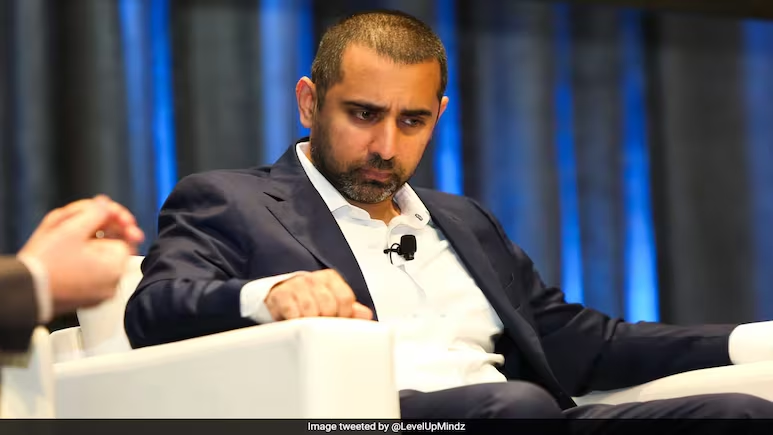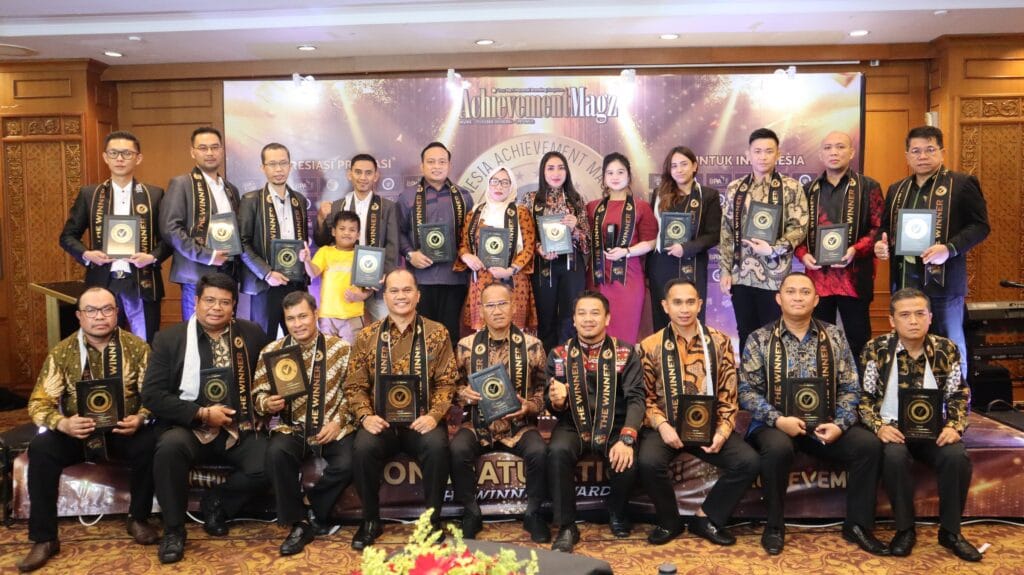Singapore – A private island just off the coast of Singapore is becoming the stage for an ambitious geopolitical and technological experiment. Indian-origin entrepreneur and tech thinker Balaji Srinivasan has formally launched the first physical prototype of his concept known as the Network State—a decentralized, digital-first nation born from online communities and advanced technologies.
Srinivasan, formerly the CTO of Coinbase and co-founder of genetic startup Counsyl, envisions a future where global citizens organize around values, skills, and shared missions, rather than borders. His flagship initiative, The Network School, is located on the newly acquired island and seeks to blend physical fitness, AI education, and entrepreneurial development into a living proof of concept.
“Through the power of Bitcoin, we now have a beautiful island near Singapore where we’re building the Network School,” Srinivasan announced via social media platform X.
The school, which began operations in September 2024, follows a three-month residential model. It caters primarily to startup founders, developers, creators, and fitness enthusiasts, offering structured programs in artificial intelligence, blockchain, and self-improvement. This hybrid model reflects Srinivasan’s long-standing thesis: that governance and innovation must evolve beyond traditional nation-states and physical bureaucracy.
Observers across Asia are now closely watching this initiative. While Srinivasan’s followers hail it as a model for post-nation governance, critics see echoes of neo-utopianism or digital elite enclaves, raising questions about sovereignty, inclusion, and long-term sustainability.
From a regional perspective, the project’s proximity to Singapore is not incidental. As a leading global innovation hub and geopolitical crossroads, Singapore represents a symbolic launchpad—geographically close to Southeast Asia’s rising digital economies and ideologically aligned with open market experimentation.
Beyond its educational mission, the Network School signals a broader ambition: to accumulate legitimacy, territory, and international recognition over time. The project invites digital nomads, remote workers, and “dark talent” to join its founding community, reinforcing Srinivasan’s belief that talent mobility and decentralized finance will reshape the map of influence in the coming decades.
This development comes amid rising conversations in ASEAN circles around digital citizenship, sovereignty in cyberspace, and non-state innovation zones, including charter cities and special economic zones. With planned expansions into Dubai, Tokyo, and Miami, Srinivasan’s Network State model is poised to test the limits of existing political frameworks.
In a world where borders are increasingly porous to capital and code, the idea of a startup nation may no longer be metaphorical—it may soon be a logistical reality.








